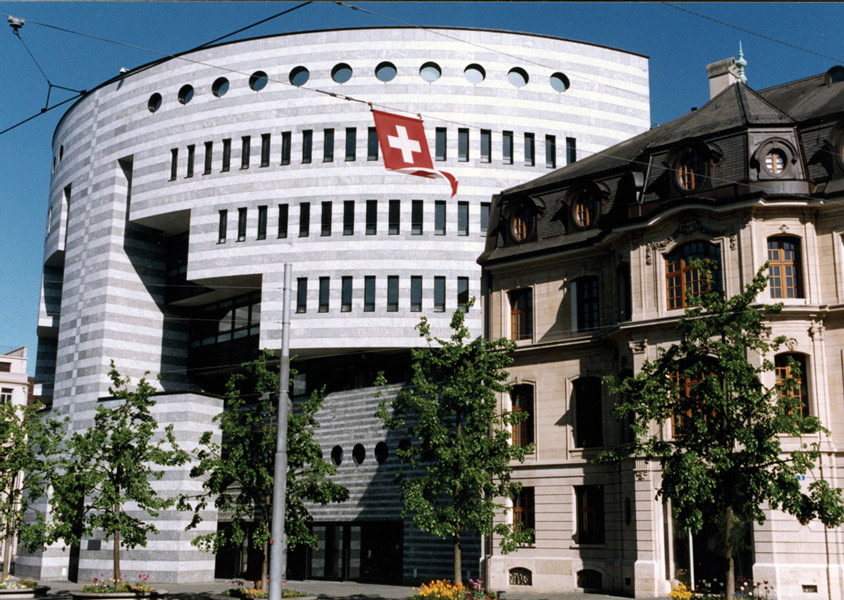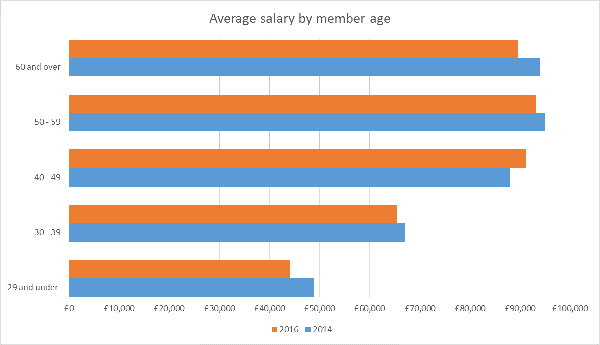The Financial Stability Board (FSB) today published a consultation document on Proposed governance arrangements for the unique transaction identifier (UTI). The consultation sets out proposals for the governance arrangements for a global UTI, as a key harmonised identifier designed to facilitate effective aggregation of transaction reports about over-the-counter (OTC) derivatives markets.
Continue reading…
The message is clear: organisations must be held accountable for their social and environmental footprint. Therefore, it’s inevitable that speaking up becomes the next social…
Download whitepaper






